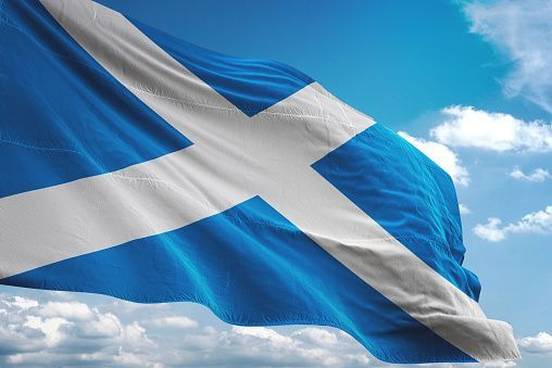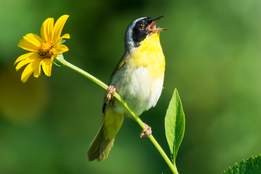
Tawpie
We have a confession: although we are an American dictionary publisher, and are deeply loyal to our first love, American English, we have a big, old crush on Scottish English—that is, the standard English used in Scotland. This list is why.
tawpie noun : a foolish or awkward young person
"Whisht! ye silly tawpie," said her father, "we have naething to do how they come by the bestial they sell—be that atween them and their consciences."
— Walter Scott, Old Mortality, 1816
Tawpie ends with same sound as many words used as terms of affection—cutie, sweetie, baby—but while this word can be employed in the same spirit as those, it can also be a bit mean. It's of 18th century vintage, and it's Scandinavian in origin.

Snaw
noun : snow
He was to have a weary weird o't till his ane-and-twentieth year, that was aye said o' him; but if ye live and I live, ye'll hear mair o' him this winter before the snaw lies twa days on the Dun of Singleside.
— Walter Scott, Guy Mannering, 1815
The Old English word for the chilly white stuff is snā(w), giving snaw some serious old-school charm. We feel that snaw comes most naturally to mind both when one is gliding down a glistening slope on a speedy sled and when one is still enduring the dregs of winter despite the calendar's promise of spring.

Bairn
noun : child
'Good news cannot be told too soon,' said Waverley; and with infinite joy communicated to him the happy tidings. The old man stood for a moment in silent devotion, then exclaimed, 'Praise be to God! I shall see my bairn again.'
— Walter Scott, Waverley, 1814
Bairn dates to the earliest days of English, and in Middle English had the forms bern and barn. Those come from the Old English word bearn and the Old Norse word barn.
Perhaps you too are struck by the gentle euphony of the word bairn?

Wowf
adjective : wild, crazed
"Allan is right," said his brother; "it is very odd how Allan, who, between ourselves," said he to Musgrave, "is a little wowf, seems at times to have more sense than us all put together. Observe him now."
— Walter Scott, A Legend of Montrose, 1819
Nobody knows where wowf comes from, but it's been in use for at least two centuries and we are wowf about it.

Backspang
noun : a trick or loophole that enables one to retreat from a bargain
I am sure the Minister would be anxious that he should not be saddled with any possible form of suspicion, or what we call in Scotland a backspang, from anybody who found he was aggrieved in such a matter…
— Sir Robert Horne, speech in the British House of Commons, 3 Dec. 1936
Backspang comes from the adjective back and the Scottish word spang, meaning "throw, bang." One can imagine that backspang might somehow be used as a backspang, which is just meta enough for us.

Peenge
verb : to complain or grumble
… there's nae gathering gear on that—and then my grandame's auld—and my sisters wad sit peengin' at the ingle-side for want o' me to ding them about …
— Walter Scott, The Black Dwarf, 1816
Peenge has been proving useful since the late 18th century. It is thought to be imitative in origin, which means that when you peenge, it sounds like you're peenging. We think it is especially useful in accusatory contexts.






